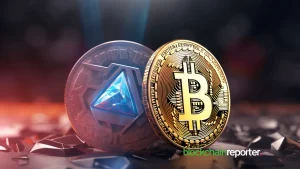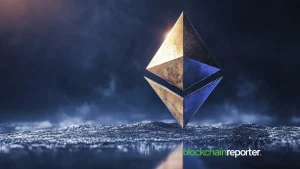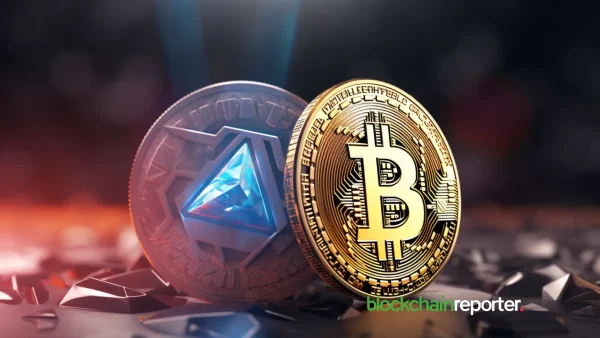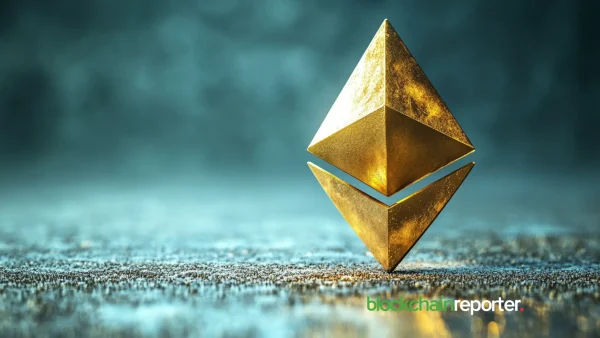
- 1. The SEC Seeks an Appeal in the Ripple Lawsuit Amid Regulatory Discrepancies
- 2. OKX and Circle Join Forces to Enhance USDC Transactions with Fee-Free Transactions
- 3. Ethereum ETF Competition Boosts crypto Market
- 4. Taiwanese Regulators to Release Crypto Guidelines, Seek Industry Input
- 5. Visa Revolutionizes Cross-Border Payments with Solana and Stablecoin Settlements
- 6. Australian Senate Committee Rejects Digital Asset Bill, Calls for Collaborative Approach
The weekly cryptocurrency market analysis shows that major developments, regulatory changes, and new collaborations are influencing the sector. The Ripple-SEC case is the main topic. The SEC’s mid-case appeal shows crypto’s regulatory shifts and uncertainty. Positively, new alliances are promising. OKX and Circle combined to improve USDC transactions with fee-free choices. Ethereum Exchange-Traded Funds (ETFs), with ArkInvest and 21Shares entering the market, are also noteworthy. Taiwanese authorities are also developing crypto platforms and trading regulations. Visa’s use of blockchain and stablecoin settlements shows the industry’s adaptability in cross-border payments. Finally, the Senate Economics Legislation Committee’s rejection of Senator Andrew Bragg’s digital asset bill in Australia highlights the necessity for collaboration in digital asset regulation. The weekly cryptocurrency market analysis shows a dynamic sector with quick growth, regulatory changes, and strategic alliances. These variables make the crypto space ever-changing.
The SEC Seeks an Appeal in the Ripple Lawsuit Amid Regulatory Discrepancies
The SEC wants a mid-case appeal in its Ripple lawsuit. Distributing XRP to average investors via cryptocurrency exchanges may have breached securities regulations. SEC argues this issue warrants appeals courts. Ripple argues the SEC’s appeal argument is faulty.
A recent Southern District of New York Judge Analisa Torres ruling triggered this. Judge Torres ruled that Ripple’s institutional XRP sales violated federal securities regulations, while average investors may buy. The Securities and Exchange Commission (SEC) is utilizing this disparity to support an interlocutory appeal, which would let an appellate court evaluate legal issues throughout the case. The Securities and Exchange Commission (SEC) emphasizes its commitment to rapidly resolving the issue to avoid prolonged litigation and unwarranted delays.
OKX and Circle Join Forces to Enhance USDC Transactions with Fee-Free Transactions
OKX, a leading Web3 company, and Circle Internet Financial, a global financial institution and issuer of the USDC stablecoin, are partnering to improve OKX Wallet and its DEX aggregator, with a focus on USDC transactions. One important component of this relationship is the deployment of gas fee-free transactions for USDC, giving a cost-efficient alternative for clients.
The OKX DEX uses the Blockchain Transfer Protocol (CCTP), and USDC is expected to boost its utilization. The “Free Gas Fee” initiative allows OKX Wallet Smart Account customers to conduct USDC transactions without paying for gas. This campaign runs from September 7–October 5, 2023. OKX Wallet launched its account abstraction-powered Smart Account on August 2. This invention makes transactions across numerous blockchains easy, focusing on stablecoins like USDC.
Ethereum ETF Competition Boosts crypto Market
The inaugural Ethereum Exchange-Traded Fund (ETF) launch has created a competitive environment, with ArkInvest and 21Shares playing major roles. This has energized the cryptocurrency community and made Ethereum (ETH) a market leader. For the first time since the halving event last year, Ethereum is the most talked about cryptocurrency.
Following Bitcoin ETFs, an Ethereum Exchange-Traded Fund (ETF) is expected to provide traditional investors with a regulated and established way to invest in Ethereum. The accomplishment has major consequences for Ethereum, which lost popularity after its halving event and token supply reduction. The increased rivalry for the inaugural Ethereum Exchange-Traded Fund (ETF) spot has revived interest in Ethereum, the world’s second-largest cryptocurrency.
Taiwanese Regulators to Release Crypto Guidelines, Seek Industry Input
Taiwanese regulators aim to issue crypto platform and trading guidelines by the end of the month. This follows a September 7 public conference on “Virtual Asset Supervision”. The Democratic Progressive Party lawmaker Guo Guowen convened the conference to discuss the “Financial Supervisory Commission Guiding Principles.” Industry leaders like Binance and Bitfinex used their expertise to prevent and manage money laundering.
Taiwan’s crypto business public hearing included officials from the Digital Development Department, Legal Department, and Police Department, as well as professors and legal experts. The conference covered several important topics that illuminated the regulatory system. The discussions focused on the Financial Supervisory Commission’s measures to help Taiwanese companies comply with new laws.
Visa Revolutionizes Cross-Border Payments with Solana and Stablecoin Settlements
Visa is changing cross-border payments. This endeavor entails working with Worldpay and Nuvei and improving stablecoin settlement on Solana, a major blockchain platform. International retailers typically allow Visa card payments in real-time, but the sophisticated backend process is generally hidden. To facilitate successful transactions, monies must transfer smoothly from the issuer’s bank to the retailer’s bank.
Visa’s sophisticated treasury and settlement systems manage this complex transactional flow. These systems efficiently clear, transmit, and settle many transactions daily, ensuring the issuer transfers the correct currency value to the buyer. The complicated ecosystem under examination includes 15,000 financial institutions and 25 currencies. Visa’s Head of Crypto, Cuy Sheffield, plans to use USDC and blockchain networks like Solana and Ethereum to improve cross-border transactions and provide clients with a modern way to move and receive funds. Visa’s strategic move shows its commitment to improving global financial transactions.
Australian Senate Committee Rejects Digital Asset Bill, Calls for Collaborative Approach
The Australian Senate Economics Legislation Committee rejected Senator Andrew Bragg’s “Digital Assets (Market Regulation) Bill 2023”. The group has selected a cooperative method to improve digital asset legislation. Senator Bragg has accused the Labor administration of deliberately delaying cryptocurrency legislation.
The committee’s decision was influenced by various bill concerns. These concerns focused on the measure’s unclear definition, inconsistency with government plans, and failure to meet international standards. The constraints have raised worries about regulatory discrepancies and their effects on Australia’s digital asset market. Prime Minister Anthony Albanese planned to create a consultation document to provide the groundwork for well-organized digital asset licensing and storage rules. The sector remains in suspense since this paper is currently being released.








